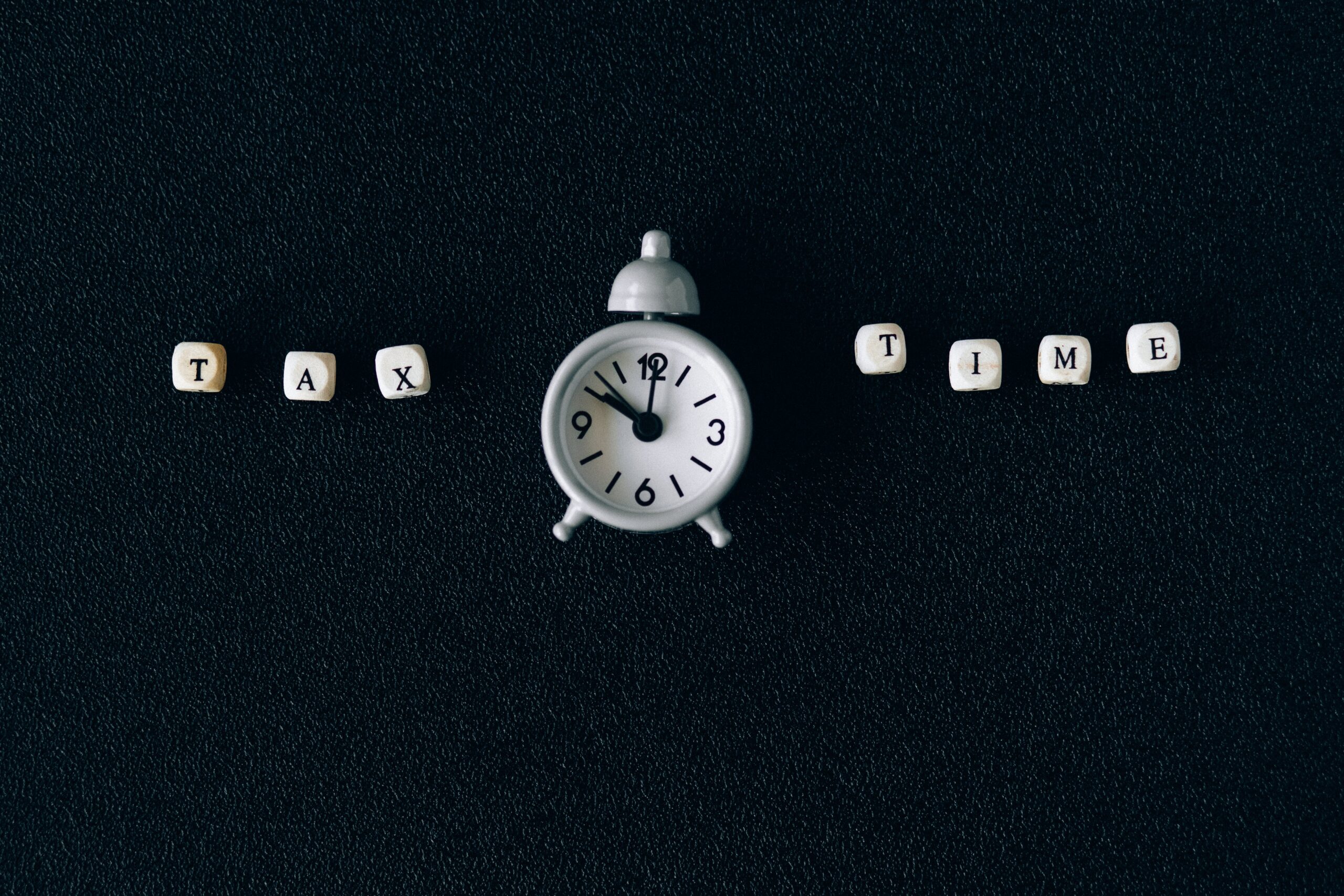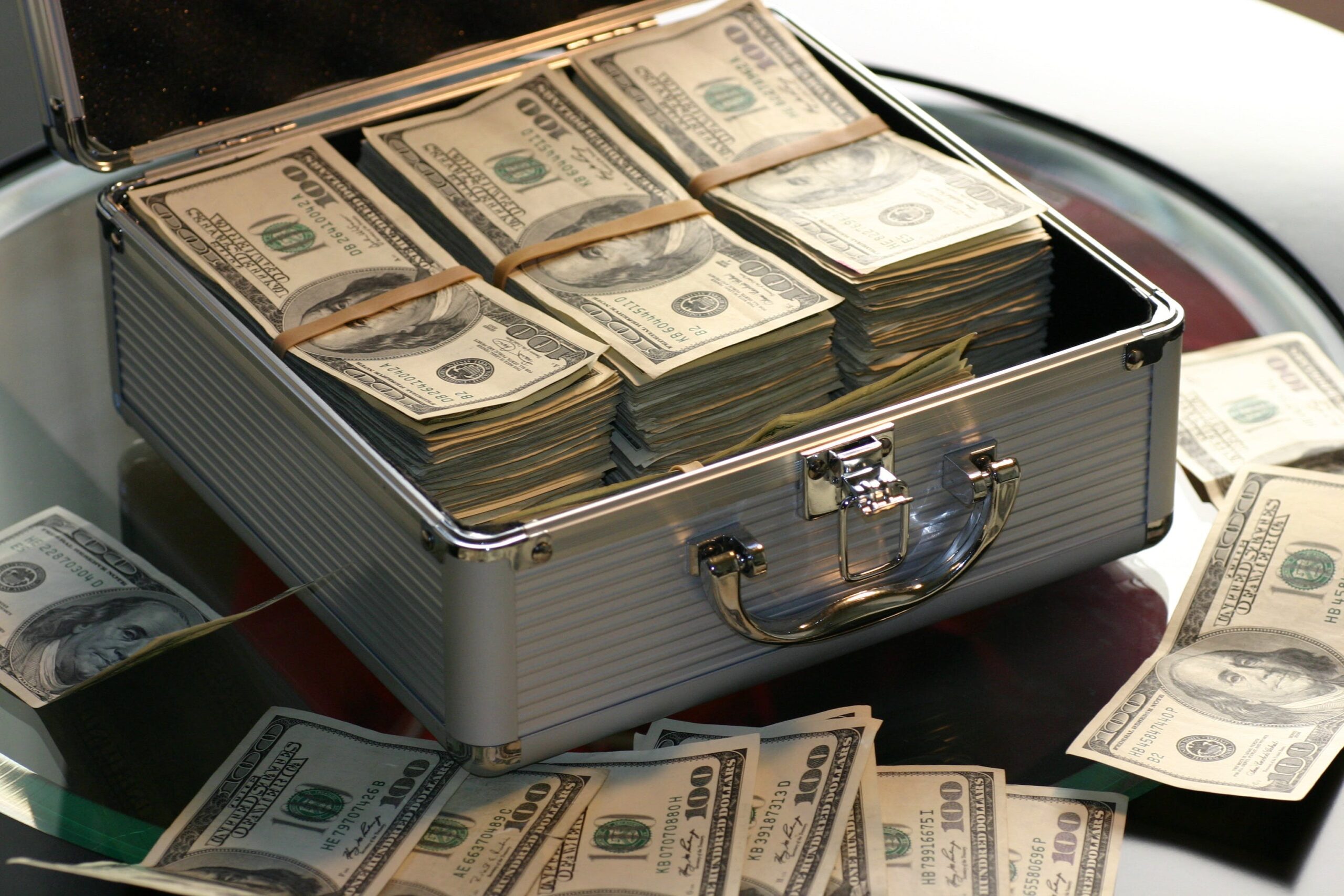Did you apply for a Paycheck Protection Program (PPP) loan? Was your PPP loan amount for $50000 or less? If so, your loan forgiveness procedure may get a whole lot easier. Throughout the Coronavirus pandemic, we’ve covered the PPP program extensively. If you need to get caught up, consider the following articles to bring you up to speed:
- PPP Loans and the Solo 401k
- Round 2 Approved for PPP Funding
- Paycheck Protection Program (PPP) for Sole Proprietor
- PPP Loan Forgiveness and the Solo 401k
- PPP Repayment Guidance – Revised and Final Rules
- NEWS: PPP Forgiveness for Loans Under $150k
Simpler PPP Loan Forgiveness Paperwork for Loans Under $50000
The 2020 Coronavirus pandemic blindsided the US and global economy. The subsequent CARES Act was meant to deal with the economic fallout of the global economy grinding to a halt. Stimulus checks and unprecedented access to retirement funds were groundbreaking regulations. But, that wasn’t enough. The PPP program rolled out massive lending to small businesses, in an effort to stem layoffs and keep small businesses afloat. Remember, small businesses employ almost 1/3 of the US population. They need protection. In fairness, the CARES Act was a “ready, fire, aim” situation. The US government knew to take swift action to protect Americans from complete financial devastation. They would deal with the paperwork ramifications and putting the pieces back to together after the worst was over.
Here we are, 6 months later and things are starting to come a bit back to normal. And so, the piper must be paid. All PPP loans must be dealt with – either forgiven, or repaid.
Streamlined Process for SBA
As of June 30th, the Small Business Association (SBA) issued almost 5 million PPP loans to American small businesses. Originally, $349 billion in loan funding was allocated as part of the CARES Act. One sector hit hard by the Coronavirus pandemic was small businesses. Small businesses are the true engine of the US economy, and employ almost 60 million Americans. Traditionally, the SBA defines a small business as any organization with a maximum of 250 employees.
Unsurprisingly, the majority of the PPP loan funds went to much smaller small businesses. In fact, of the 4.9 million loans issued, 3.26 million loans were for under $50,000. That accounts for 66.8% of the overall funds allotted to the Paycheck Protection Program. This equates to about $62 billion of the total amount of PPP funding.
The median loan size for PPP loans was $107,000. However, that’s because a percentage of the loans in the PPP program were for up to $2MM (thus pulling up the overall average). 86.5% of all PPP loans were under $150,000. Understandably, the PPP loan forgiveness process, especially for small loans (like those under $50,000) needed to be streamlined.
Clearly it would take a monumental amount of time and human resources to process almost 5 million loans, many for smaller amounts of capital. As such, the SBA released interim guidance on October 8th, 2020 with a simpler PPP Loan forgiveness form for loans under $50000. Not only is the application simpler for the borrower, but is simpler for the lender to process as well. Lenders put forth effort to process each loan. Understandably, a $25,000 loan shouldn’t require the same resources as a $2MM loan.
No Calculations Required on Forgiveness Application
Something had to be put in place for such a large percentage of PPP loans where those loans were for a smaller amount of funds. The SBA estimates there were over 5,000 lenders writing loans for the PPP. The majority of lenders are banks. But, there are also credit unions, microlenders, Farm credit lenders, savings & loan, and even FinTechs and certified development companies. Therefore, the loan forgiveness procedure, especially on smaller loans that make up the bulk of the funds in the program needed to be simple.
The current SBA forgiveness form for loans under $50,000 is only two-pages long. In short, it’s a simple attestation form. On the form, the business owner attests (s)he allocated funds according to the guidelines of the PPP loan. Namely, the SBA regulated PPP funds cover payroll costs, employee salary & commissions, interest on mortgage obligations, rent & utilities, etc. Essentially, the loan funds must keep the business afloat and keep employees employed.
The new loan forgiveness application does not require calculations on how funds were spent. A simple attestation funds were spent according to guidelines will suffice.
Who Qualifies for the PPP Loan Forgiveness Simpler Form?
If your PPP Loan was under $50,000 you qualify for the simpler loan forgiveness application. The SBA began approving PPP forgiveness applications in early October. Remember, there are two parties in the loan: you (as the small business owner) and the lender (who gave your funds). Once you submit your loan forgiveness application to the lender, they must in turn get those funds from the SBA so they don’t end up upside down on the PPP funds they fronted to borrowers. It’s in both parties interests to have a simple form that makes forgiveness easy. If the lender can clearly forgive the loan, they have a better chance of recouping their funds from the SBA.
To be eligible for the new form, your loan must total $50,000 or less. However, if you own multiple businesses that each received PPP funds, take note. Your total loan when combined with any affiliates, must be less than $2 million.
Small business owners self-certify they used the funds appropriately according to the PPP guidelines. After submission, they can receive full forgiveness of the loan. However, most lenders require you provide documentation of payroll and non-payroll costs.
Deadlines and Automatic Loan Forgiveness
You may not submit the application if you reduced your full-time employee count after receiving PPP funds. The SBA has not set a deadline to apply for forgiveness. However, you have 10 months after the end of your covered period before you’ll need to start making monthly payments. To avoid making those payments, submit your forgiveness application on time. If you have questions on when your covered period begins, work with your lender.
However, many lenders recommend you don’t submit the loan forgiveness form just yet. Currently, both the House and Senate have bills which would provide automatic forgiveness on loans less than $150,000. If you submit your loan forgiveness application now, you’re checking an item off your to-do list. Therefore, you may accidentally put yourself in the forgiveness queue when you may be able to sidestep the paperwork all together.
We’ll continue to provide coverage as the situation unfolds.





